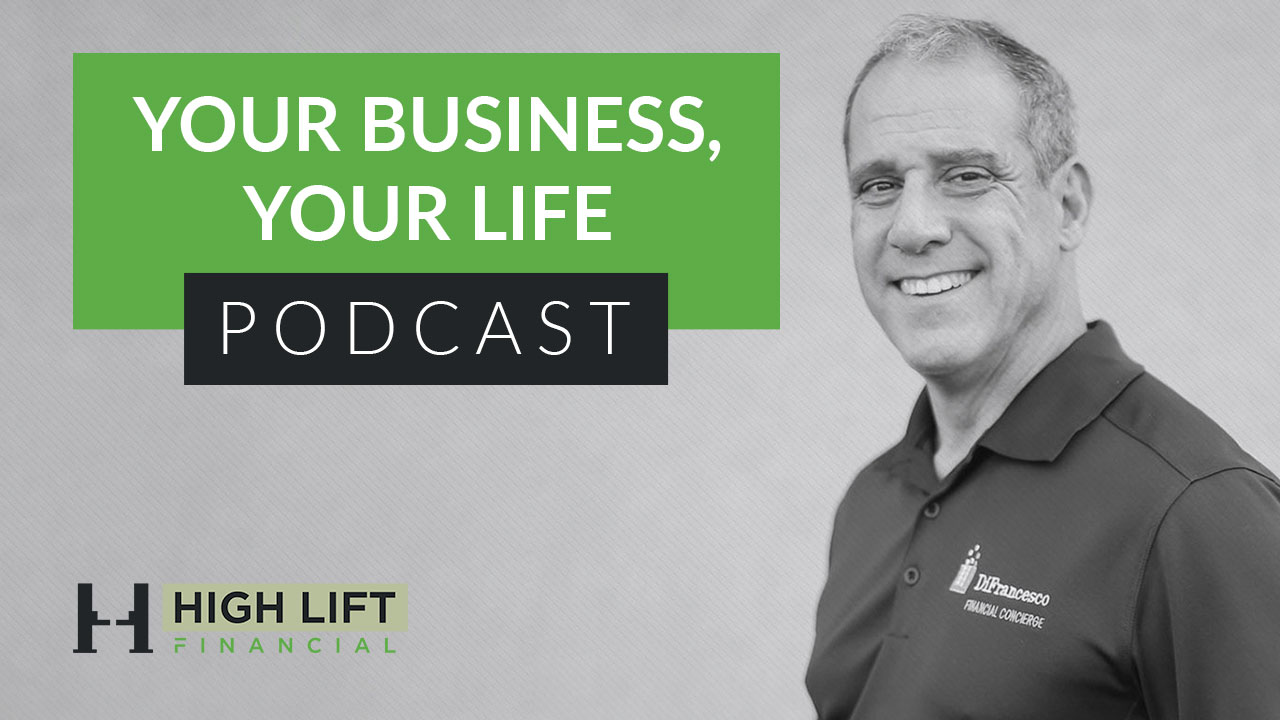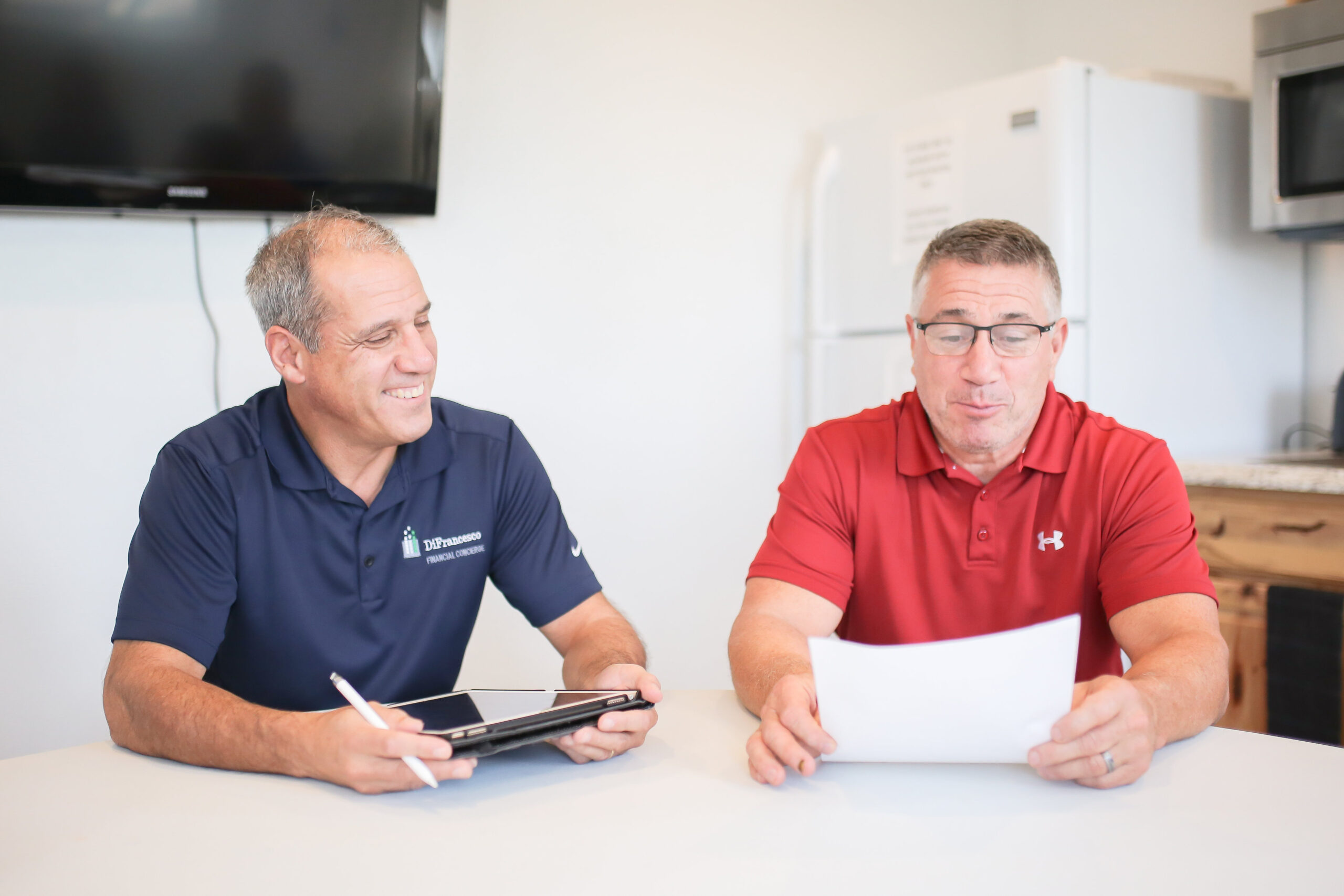Tax Strategies for Exit and Transition Planning in the Collision Repair Industry
Shop owners must be resilient and adaptable to stay ahead in the competitive collision repair industry.
Business owners in this sector will eventually approach retirement or consider transitioning their operations, and this is where careful tax planning comes into play.
Most collision shop owners must be aware that effective tax strategies can significantly impact the financial outcome of an exit or transition plan.
In this article, we will explore strategic approaches to tax planning tailored specifically for the collision repair sector, which can be employed to smoother shop owners’ transitions.
If you plan to sell your business soon and need an exit strategy, schedule a free 20-minute conversation with Matt DiFrancesco. Discuss your vision and find out how you can adjust the nuts and bolts of your business and life to become prosperous.
Structuring the Transition
The first step in a successful exit strategy is carefully structuring the transition.
For collision repair businesses, this may involve deciding between a sale, merger, or passing the business on to family members or key employees. Each option has its own set of tax implications.
By consulting with a tax professional well-versed in the specifics of the collision repair industry, owners can identify the most tax-efficient structure for their unique circumstances.
Utilizing Section 1031 Exchanges
Section 1031 exchanges, commonly known as like-kind exchanges, can be a powerful tool in minimizing capital gains taxes during a business transition.
Owners may defer capital gains taxes by reinvesting the proceeds from the sale of a business into a similar type of business or property.
This strategy requires careful planning and adherence to IRS regulations, but when executed correctly, it can significantly enhance the financial outcome of a business transition.
Implementing Employee Stock Ownership Plans (ESOPs)
An Employee Stock Ownership Plan (ESOP) can offer tax advantages for owners considering a transition to key employees.
ESOPs provide a tax-favored way for employees to acquire ownership stakes over time.
This not only aligns employees’ interests with the business’s success but can also result in potential tax benefits for the existing owner.
Managing Depreciation and Amortization
Understanding the nuances of depreciation and amortization is essential for minimizing tax liabilities during a business transition.
Properly allocating these costs over time can help maximize deductions and reduce taxable income, ultimately benefiting the owner during the exit process.
By incorporating these tax strategies into their overall plans, owners can enhance the financial outcome of their exit while complying with relevant tax regulations.
As every business situation is unique, seeking professional advice is key for tailoring these strategies to specific circumstances.
Are you a collision repair shop owner looking to exit or transition your business in the future?
Picture this – a strategic plan tailored to your collision repair shop, ensuring maximum tax benefits and financial stability.
High Lift Financial’s team of professionals will work closely with you to identify key growth opportunities, implement tax-efficient strategies, and prepare your business for a smooth transition when the time comes.
Contact High Lift Financial today for a free strategy consultation and take the first step toward a brighter and more financially secure future for your business.
Here are other resources related to this topic that you may want to check out:
Disclaimer
DiFrancesco Financial Concierge, LLC d/b/a High Lift Financial is a Pennsylvania-registered investment Advisor and may conduct investment advisory services in states where it is registered, exempt, or excluded from registration. Content provided herein or on our website should not be construed as an offer for investment advice or for securities, insurance, or other investment products. Investments involve the risk of loss and are not guaranteed. Consult a qualified legal, tax, accounting, or financial professional before implementing any investments or strategy discussed here.


